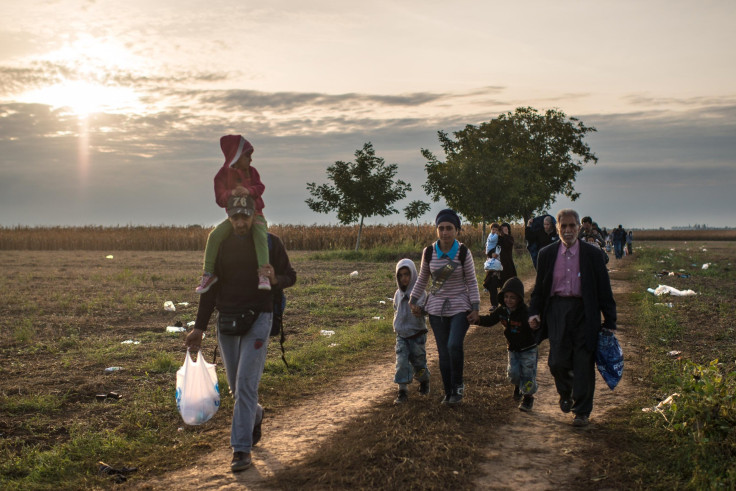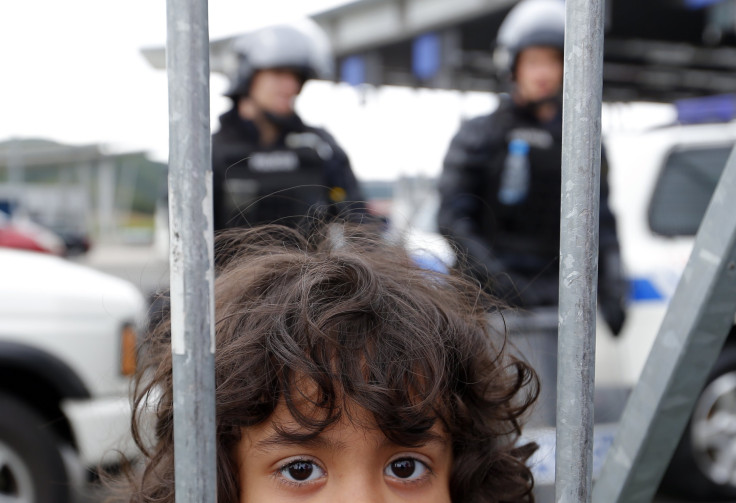EU Crisis: 29,000 Refugees Enter Croatia As Government Capacity Being Tested

Nearly 29,000 refugees and economic migrants have entered Croatia in the past week, with almost all of the new arrivals wanting to leave for another European nation that is more prosperous or where they might have family. As they've waited for state-sponsored transport, the accommodation capacities of the Croatian government have been tested.
There were approximately 1,500 people waiting at the temporary admission center in Opatovac, the Ministry of the Interior reported Monday. The Croatian government has been providing refugees with bus transport to Hungary to shuttle them out of Croatia and closer to their final destinations, which are often in Western and Northern Europe, much to the dismay of many neighboring countries which do not want to handle an influx of refugees.
Croatia is a small country of approximately 4.2 million people, and the government has struggled to respond to the crisis. There has not been enough shelter in Croatia for all of the refugees, and many people reported sleeping on the ground. Authorities continued erecting tents and building makeshift shelters throughout the weekend for refugees to lodge in temporarily, as the country came under fire for its response, especially from neighboring Hungary. One authority, Hungarian Foreign Minister Peter Szijjarto, called Croatia's response "pathetic," the Guardian reported.

The Croatian government has changed its tune since first announcing Wednesday that borders would remain open in the country. The borders are still open, though local authorities have since shifted to moving people through the country as quickly as possible without registering them, a practice that is in defiance of EU law that states all refugees and economic migrants must be registered by the country they first arrive in.
“We cannot register and accommodate these people any longer," said Croatian Prime Minister Zoran Milanović Friday, adding "They will get food, water and medical help, and then they can move on. The European Union must know that Croatia will not become a migrant hotspot,” the Guardian reported.
© Copyright IBTimes 2025. All rights reserved.





















